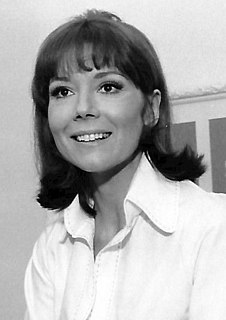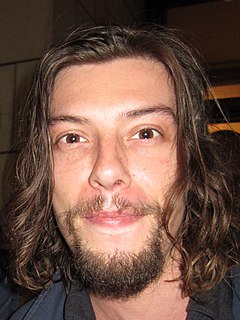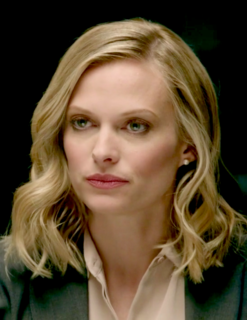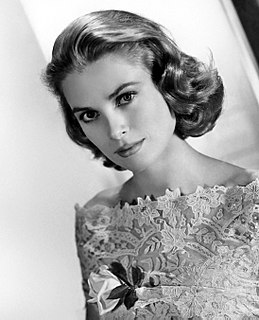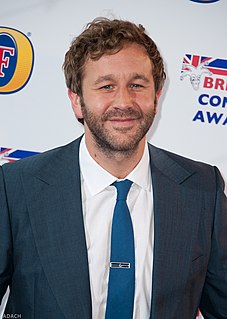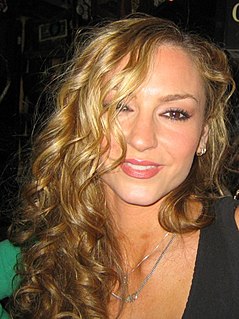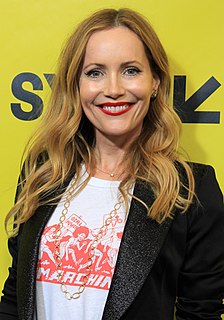A Quote by Diana Rigg
Mostly what you remember and enjoy are the scenes you played with people. And quite often, they're the combative scenes!
Related Quotes
Generally speaking I would say I enjoy the smaller films more because there's a less sense of pressure and often the material is more unusual. But in "Iron Man" it was kind of like both worlds colliding because there was a lot of improvisation, not that we improv-ed in the scenes but to discover the actual scenes themselves.
Comedy people are always present because they're always looking for the funniest version of whatever the line is. Sometimes theater people, where scripts are sacrosanct, aren't quite as present in scenes. That's a massive generalization, but in my experience, I find that comedy people are great to improvise with and to do scenes with because they're there.
